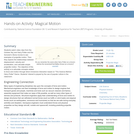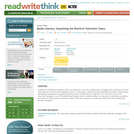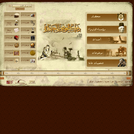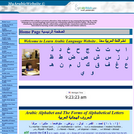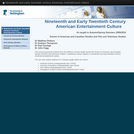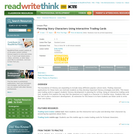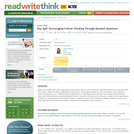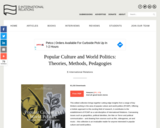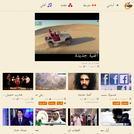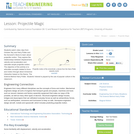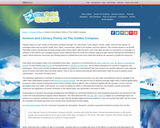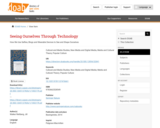This is a module framework. It can be viewed online or downloaded as a zip file.
As taught in Autumn/Spring Semesters 2009/2010
This resource presents material from four different courses taught across the School of American and Canadian Studies and Film and Television Studies. It addresses various aspects of nineteenth and early twentieth century American entertainment culture.
You can view module outlines for 4 modules taught within the school:
* American Drama (undergraduate year 3 level)
* American Sensations (undergraduate year 3 level)
* Film History (undergraduate year 1 level)
* Emergence of Mass Culture (undergraduate year 2 level)
The information contained within the module outlines includes: module objectives, lecture schedules, reading lists, teaching and learning methods, module resources, modes of assessment and essay questions.
This resource also presents examples of materials from each of the modules listed above. The materials available address:
* The Sensational Novels of the 1850's (from the American Sensations module)
* Mass Market Magazines around 1900 (from the Emergence of Mass Culture module)
* The movie Palaces of the 1920's (from the Film History module)
* The Depression-Era Theatre of the 1930's (from the American Drama module)
Suitable for: undergraduate study years one to three depending upon topic selected (see individual module titles above for more information)
Dr Matthew Pethers, Dr Graham Thompson, Dr Paul Grainge, Dr John Fagg, School of American and Canadian Studies.
Matthew Pethers is a Lecturer in American Intellectual and Cultural History in the School of American Studies. His research largely focuses on the American Enlightenment and early 19th century print culture, but he also has an ongoing interest in the history of the American stage.
Graham Thompson is the author of Male Sexuality under Surveillance: The Office in American Literature (2003), The Business of America: The Cultural Construction of a Post-War Nation (2004) and American Culture in the 1980s (2007). He is currently working on a new research project on Herman Melville's magazine fiction which re-locates Melville within the print culture industry of the 1850s and explores in more detail how magazine publishing developed and operated in order to better understand how cultural products like Melville's fiction were formed and circulated within it.
Paul Grainge is Associate Professor of Film Studies at the University of Nottingham. His teaching and research focuses on Hollywood and contemporary media culture. He is the author of Brand Hollywood: Selling Entertainment in a Global Media Age (Routledge, 2008), Monochrome Memories: Nostalgia and Style in Retro America (Praeger, 2002), Memory and Popular Film (as editor) (Manchester UP, 2003), and Film Histories: An Introduction and Reader (as co-editor) (Edinburgh UP, 2007). Within the Institute of Film and Television Studies at Nottingham, he teaches modules on film history, the cultural industries, the New Hollywood, and media memories.
Dr John Fagg is a lecturer in the School of American and Canadian Studies at the University of Nottingham. His research focuses on literature and painting around 1900 and the representation of everyday life. He teaches courses on American Literature, The Emergence of Mass Culture and the art and literature of New York City.

